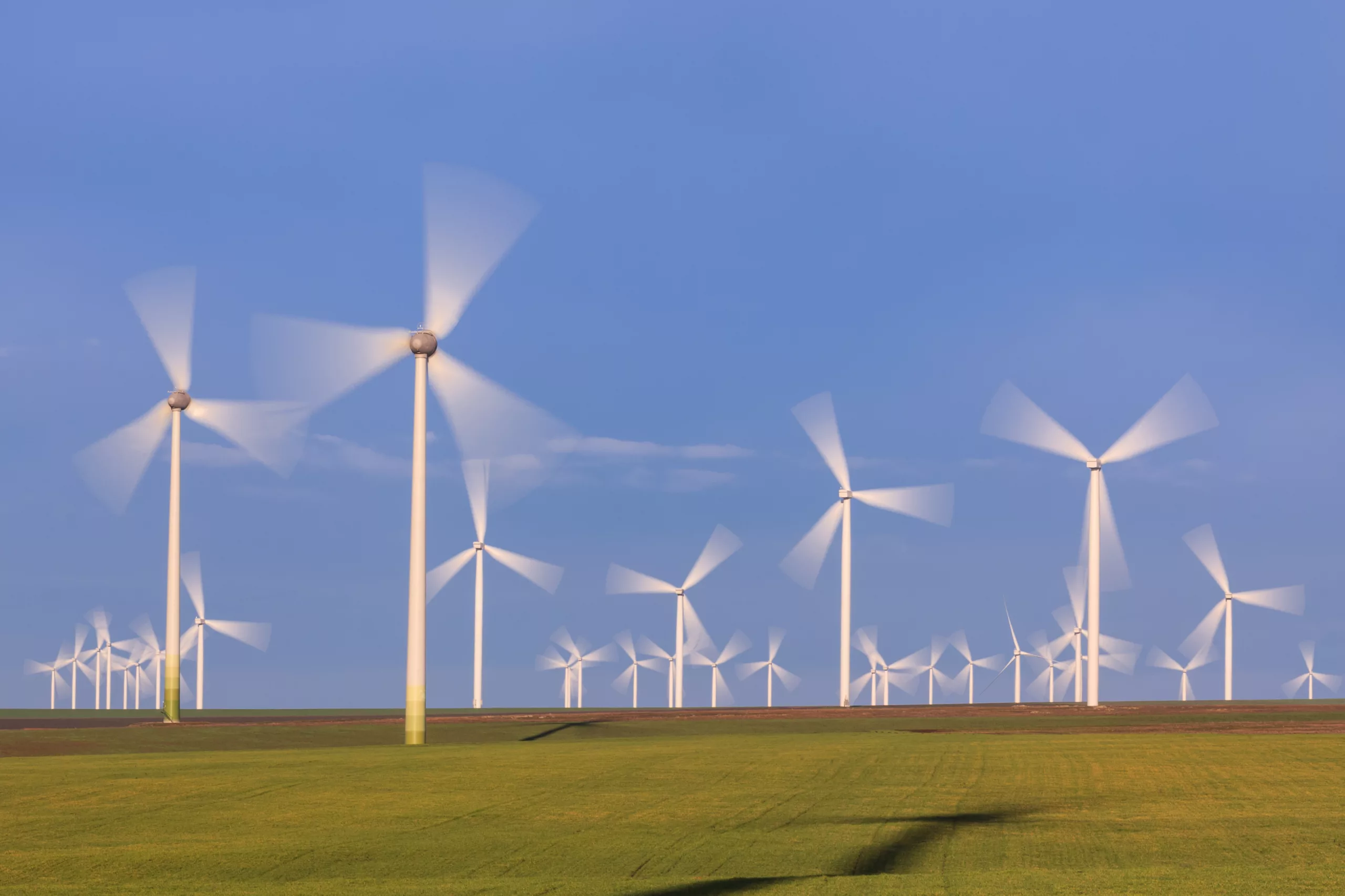RENewLand
Supporting the process of designating national acceleration areas for solar and onshore wind energy with the help of science-based methodologies for integrated spatial planning.
Energy Policy Energy Transition Energy Transition and Climate-Neutral Buildings Renewable Energy

Project info
Bulgaria, Hungary, Romania
11/23 - 12/25
Local governments, National governments, Regional governments, Associations, Private sector
903,702.28 €
Contact info
Radu Dudău
- Centre for Energy Research (EK)
- WWF Bulgaria
- WWF Romania
- WWF World Wide Fund for Nature Hungary Foundation
Background
To meet the REPowerEU Plan’s objective to diversify the EU Member States’ energy supply and implement the EU’s revised Renewable Energy Directive, Member States must install an additional 600GW of solar capacity and more than double wind capacity to at least 480GW by 2030. As wind and solar energy production require more space than energy generated from fossil fuels, the designation of acceleration areas should be high on the public agenda. In Romania, Hungary and Bulgaria, however, local, regional and national authorities, renewable technology experts and environmental organisations lack the knowledge, capacity and process facilitation skills that are essential for designating acceleration areas for renewable energy.
Project
The project partners aim to ensure that sustainable and science-based approaches for the designation of acceleration areas are followed in the three CEE countries. They capitalise on experience and technical expertise in renewable energy spatial planning from other countries. To this end, they improve the capacities of public authorities, industry associations, civil society and academia to undertake integrated spatial planning. In addition, they develop methodologies for the sustainable siting of wind and solar acceleration areas. They provide methodologies that consider the main economic, social and environmental constraints, such as a lack of a cross-sectoral understanding of the challenges and of sound governance approaches. Project beneficiaries are provided with tools to help them avoid and mitigate conflicts relating to the designation of acceleration areas, ultimately leading to faster siting and approval of solar and wind farms in Romania, Hungary and Bulgaria.
Last update: July 2024
